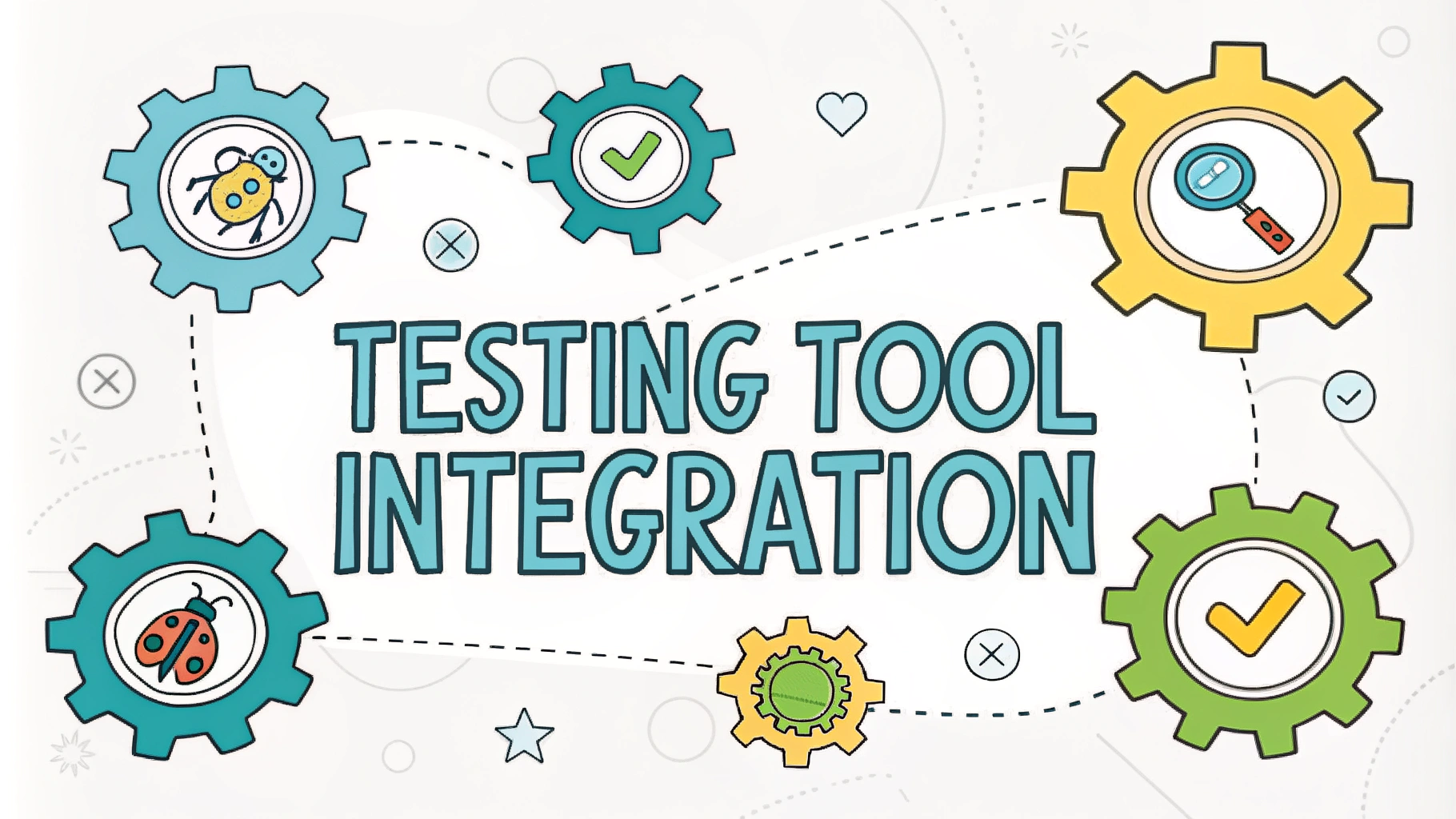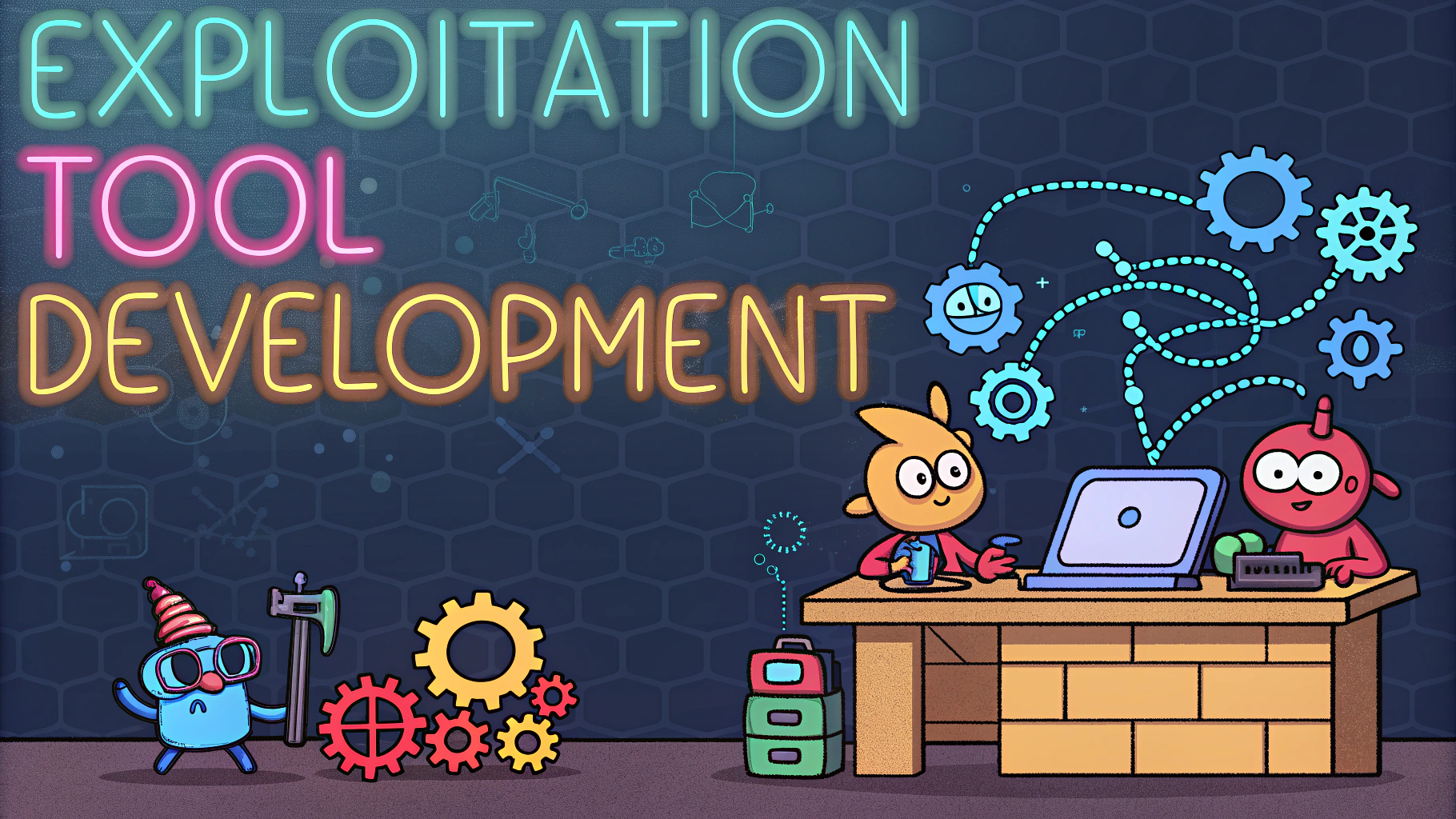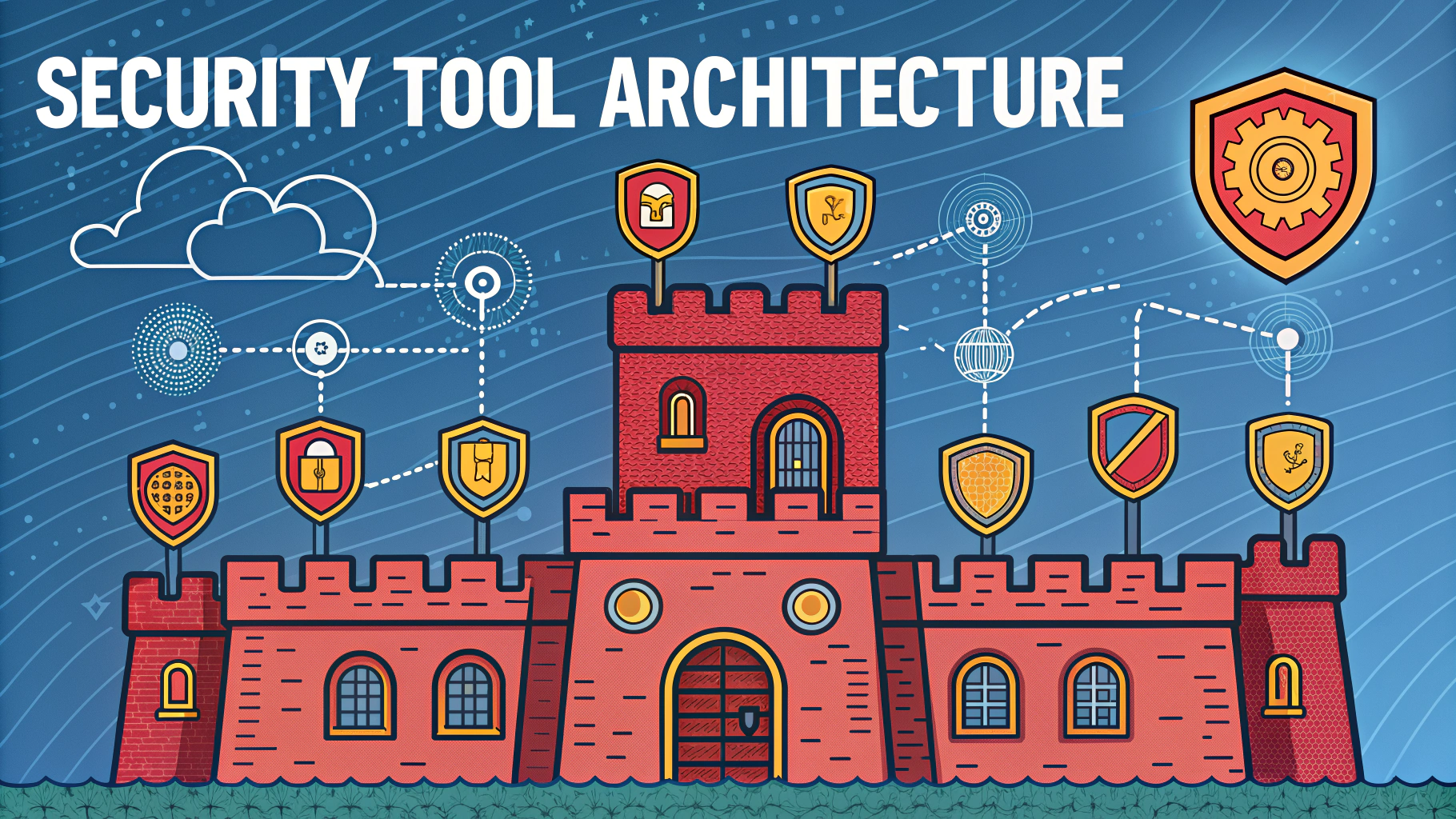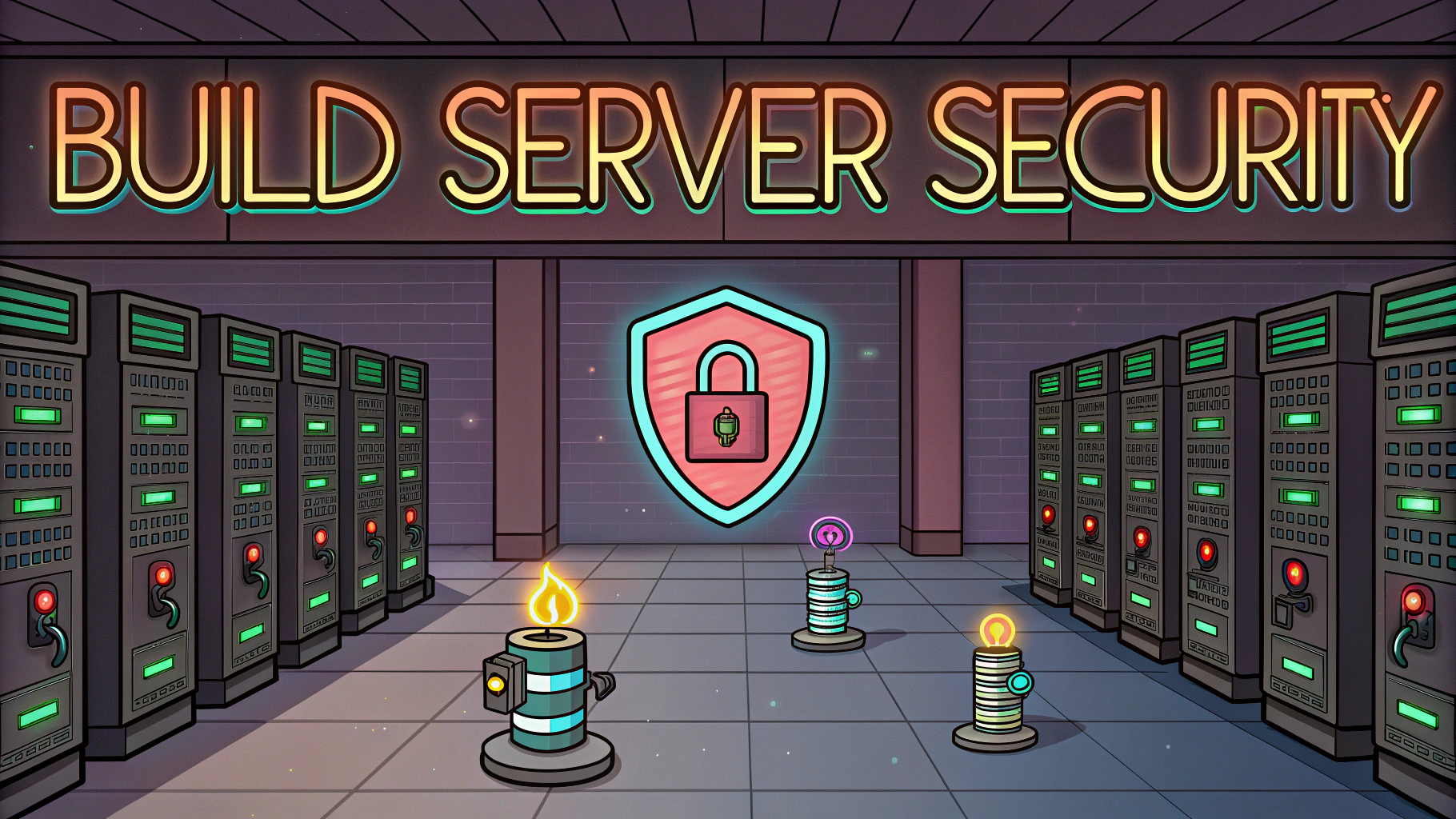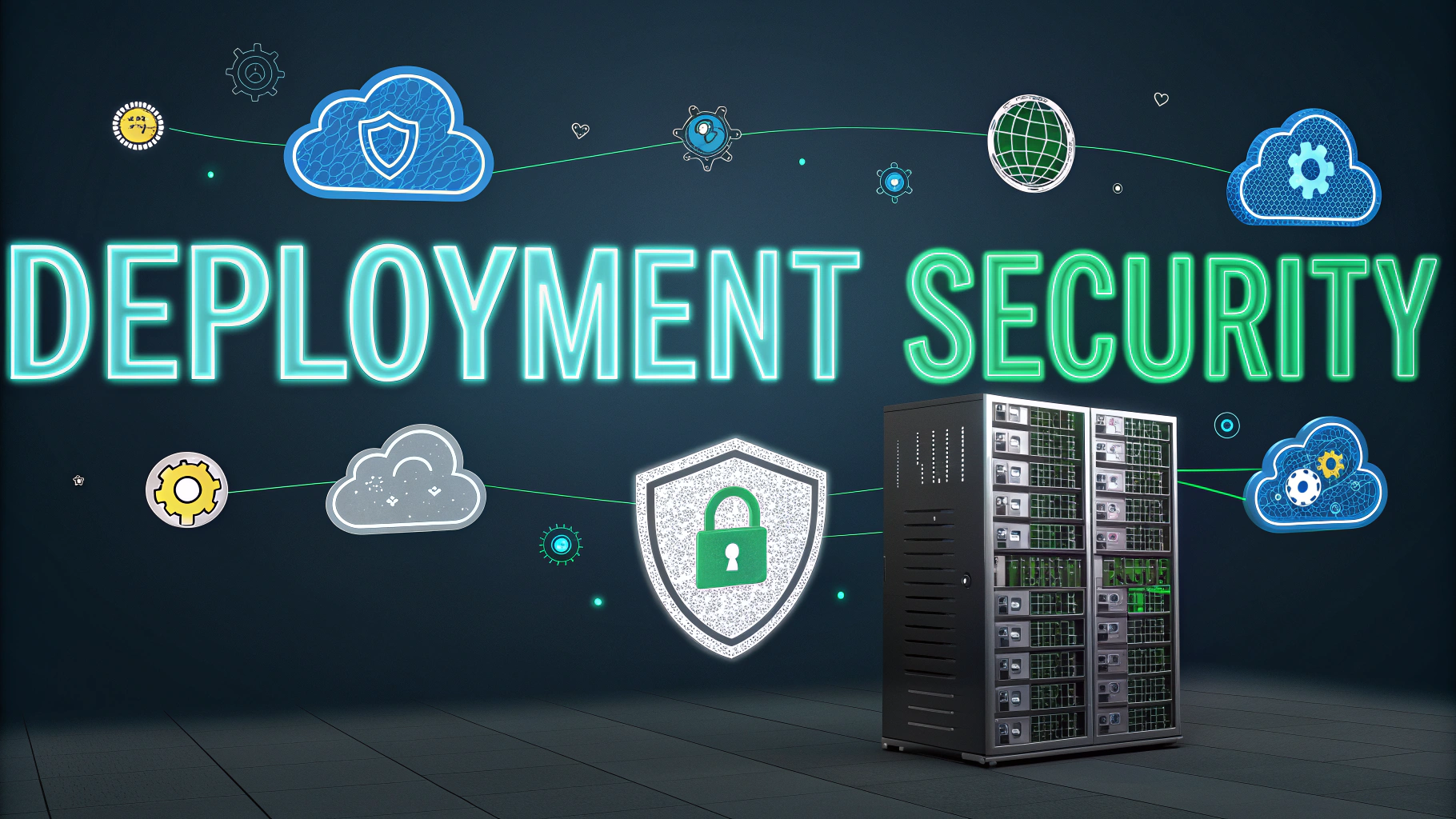Building a career in penetration testing requires strategic planning, continuous skill development, and hands-on experience in cybersecurity.
Penetration testers, also known as ethical hackers, help organizations identify and fix security vulnerabilities before malicious actors can exploit them.
This guide outlines proven career paths, certifications, and skills needed to advance from entry-level positions to senior penetration testing roles.
Entry-Level Positions
- Junior Penetration Tester
- Security Analyst
- Network Administrator
- IT Support Specialist
Essential Technical Skills
- Programming Languages: Python, Bash, PowerShell
- Operating Systems: Linux, Windows, macOS
- Networking: TCP/IP, protocols, infrastructure
- Security Tools: Metasploit, Burp Suite, Nmap
Professional Certifications
| Certification | Level | Focus Area |
|---|---|---|
| CompTIA Security+ | Entry | Security Fundamentals |
| CEH (Certified Ethical Hacker) | Intermediate | Ethical Hacking |
| OSCP (Offensive Security Certified Professional) | Advanced | Penetration Testing |
| GPEN (GIAC Penetration Tester) | Advanced | Professional Pen Testing |
Career Progression Path
- Junior Penetration Tester (1-3 years)
- Penetration Tester (3-5 years)
- Senior Penetration Tester (5-8 years)
- Lead Penetration Tester (8+ years)
- Security Consultant/Director (10+ years)
Specialization Options
- Web Application Testing
- Mobile Application Security
- Network Infrastructure Testing
- IoT Security Testing
- Cloud Security Assessment
Professional Development Resources
- Hack The Box – Practice penetration testing skills
- VulnHub – Download vulnerable machines
- Offensive Security – Training and certifications
- SANS Institute – Advanced security courses
Building Your Portfolio
- Document your findings from practice labs
- Contribute to open-source security tools
- Participate in bug bounty programs
- Create security-focused blog posts
- Share knowledge on platforms like GitHub
Industry Networking
- Join OWASP local chapters
- Attend security conferences (DEF CON, Black Hat)
- Participate in CTF competitions
- Connect with professionals on LinkedIn
Next Steps for Growth
Focus on gaining practical experience through labs, CTFs, and bug bounty programs while building your certification portfolio.
Network with experienced professionals through conferences and local security meetups.
Consider specializing in high-demand areas like cloud security or mobile application testing to increase your market value.
Salary Expectations
- Junior Level: $60,000 – $85,000
- Mid-Level: $85,000 – $120,000
- Senior Level: $120,000 – $160,000
- Lead/Director: $160,000+
Work Environment
- Consulting firms
- In-house security teams
- Government agencies
- Financial institutions
- Healthcare organizations
Common Work Activities
- Conducting security assessments
- Writing detailed reports
- Client presentations
- Tool development
- Team collaboration
Industry Trends and Future Outlook
- Increased demand for cloud security expertise
- Focus on AI/ML security testing
- Remote work opportunities
- Emphasis on automation skills
- Growing regulatory compliance requirements
Launching Your Career Success
The path to becoming a successful penetration tester requires dedication, continuous learning, and practical experience. Start with fundamentals, build a strong technical foundation, and progressively advance through certifications and specialized skills.
Focus on developing both technical expertise and soft skills like communication and report writing. Stay current with evolving threats and technologies through continuous education and community involvement.
Remember that real-world experience, combined with professional certifications and a strong network, creates the most valuable penetration testing professionals in today’s cybersecurity landscape.
FAQs
- What are the typical entry-level positions in penetration testing?
Junior penetration tester, security analyst, or IT security consultant are common entry points, often requiring basic certifications like CompTIA Security+ or CEH. - Which certifications are most valuable for career advancement in penetration testing?
OSCP (Offensive Security Certified Professional), CISSP, GPEN (GIAC Penetration Tester), and CREST certifications are highly valued for career progression. - How many years of experience are typically required to become a senior penetration tester?
Most organizations require 5-7 years of hands-on penetration testing experience for senior positions, along with advanced certifications and specialized expertise. - What specialized roles can experienced penetration testers transition into?
Red team leader, security architect, information security manager, security consultant, or chief information security officer (CISO) are common advancement paths. - What technical skills are essential for advancing in penetration testing?
Advanced knowledge of programming languages (Python, Ruby), network protocols, operating systems, web applications, and current exploitation techniques is crucial. - How important is continuous learning in penetration testing career advancement?
Critical – the field requires constant updating of skills due to evolving threats, new technologies, and security techniques. Regular training and certification updates are essential. - What salary range can experienced penetration testers expect?
Senior penetration testers typically earn between $100,000 to $160,000 annually, with lead positions and consulting roles potentially earning over $200,000. - What industries offer the best career advancement opportunities for penetration testers?
Financial services, healthcare, government contractors, and technology companies typically offer the most advancement opportunities and competitive compensation. - How does specialization affect career advancement in penetration testing?
Specializing in areas like IoT security, cloud security, or mobile application testing can lead to higher-paying positions and faster career advancement. - What soft skills are important for advancing to leadership positions in penetration testing?
Communication skills, project management, report writing, client relationship management, and team leadership abilities are crucial for senior roles.

